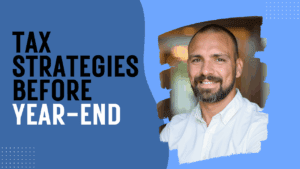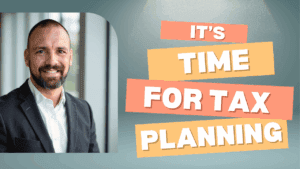

Avoid Doctor Burnout: 10 Tips for Surviving the Medical Marathon
Working as a doctor is a noble profession that comes with its fair share of challenges and pressures. The long hours, high-stress environments, and emotional toll can lead to doctor burnout if not managed effectively. As a healthcare professional, your well-being is crucial not only for your own sake but also for providing the best care to your patients. In this post, we’ll explore ten indispensable tips to help you avoid doctor burnout and thrive in your medical career.
1. Prioritize Self-Care to Avoid Doctor Burnout:
Make self-care a non-negotiable priority in your life. Allocate time for regular exercise, sufficient sleep, and healthy meals. Engage in activities that bring joy and relaxation, such as hobbies, spending time with loved ones, or meditation. Remember, taking care of yourself is vital for your ability to care for others.
2. Set Realistic Boundaries:
The demands of being a doctor can be never-ending, but it’s essential to set realistic boundaries to maintain work-life balance. Establish clear working hours and avoid bringing work home whenever possible. Learn to say “no” to additional tasks or shifts when you feel overwhelmed.
3. Seek Support and Connect:
Build a support network of fellow doctors or healthcare professionals who can understand and empathize with the challenges you face. Regularly connect with colleagues or join support groups to share experiences and find comfort in the shared journey.
4. Delegate and Collaborate:
As a doctor, you might feel like you need to handle everything, but remember that you’re part of a team. Delegate tasks whenever possible and collaborate with colleagues to divide the workload. Effective teamwork can reduce individual burdens and foster a positive work environment.
5. Reflect and Adjust:
Regularly assess your workload, stress levels, and emotions. Reflect on your experiences and identify triggers of burnout. If necessary, adjust your schedule or seek help from supervisors to ensure a healthier work environment.
6. Find Meaning and Purpose:
Reconnect with the core reasons that led you to become a doctor in the first place. Nurture a sense of purpose in your work and focus on the positive impact you make in patients’ lives. Cultivating a sense of meaning can enhance resilience during challenging times.
7. Take Breaks and Vacations:
Don’t underestimate the power of breaks and vacations. Plan time off to recharge and rejuvenate. Whether it’s a short weekend getaway or an extended vacation, stepping away from work can do wonders for your mental and physical well-being.
8. Develop Coping Strategies for Doctor Burnout:
Explore healthy coping strategies to manage stress effectively. These might include mindfulness practices, deep breathing exercises, journaling, or seeking professional counseling. Find what works best for you and incorporate it into your daily routine.
9. Stay Organized and Efficient:
Enhance your productivity by staying organized and managing your time efficiently. Use tools like calendars, to-do lists, or productivity apps to prioritize tasks and avoid unnecessary stress caused by disorganization.
10. Embrace Continuous Learning:
Medical practices and technologies are constantly evolving. Stay up-to-date with the latest advancements in your field through continuous learning. Attend conferences, workshops, or online courses to enhance your skills, which can boost your confidence and reduce stress related to feeling inadequately prepared.
Conclusion:
Doctor burnout is a serious concern for doctors, but with proactive self-care, support, and the implementation of these essential tips, you can build resilience and find a healthier balance in your medical career. Prioritize your well-being, set boundaries, and foster a positive work environment to ensure that you can continue providing exceptional care to your patients for years to come. Remember, a thriving doctor makes for healthier patients and a brighter healthcare system overall.
Disclaimer: Some content may be AI curated. Before making any decisions, you should consult with your own financial advisor or tax professional. Learn more about our approach to planning, investment and tax advice to see if you might be a good fit for our practice.





